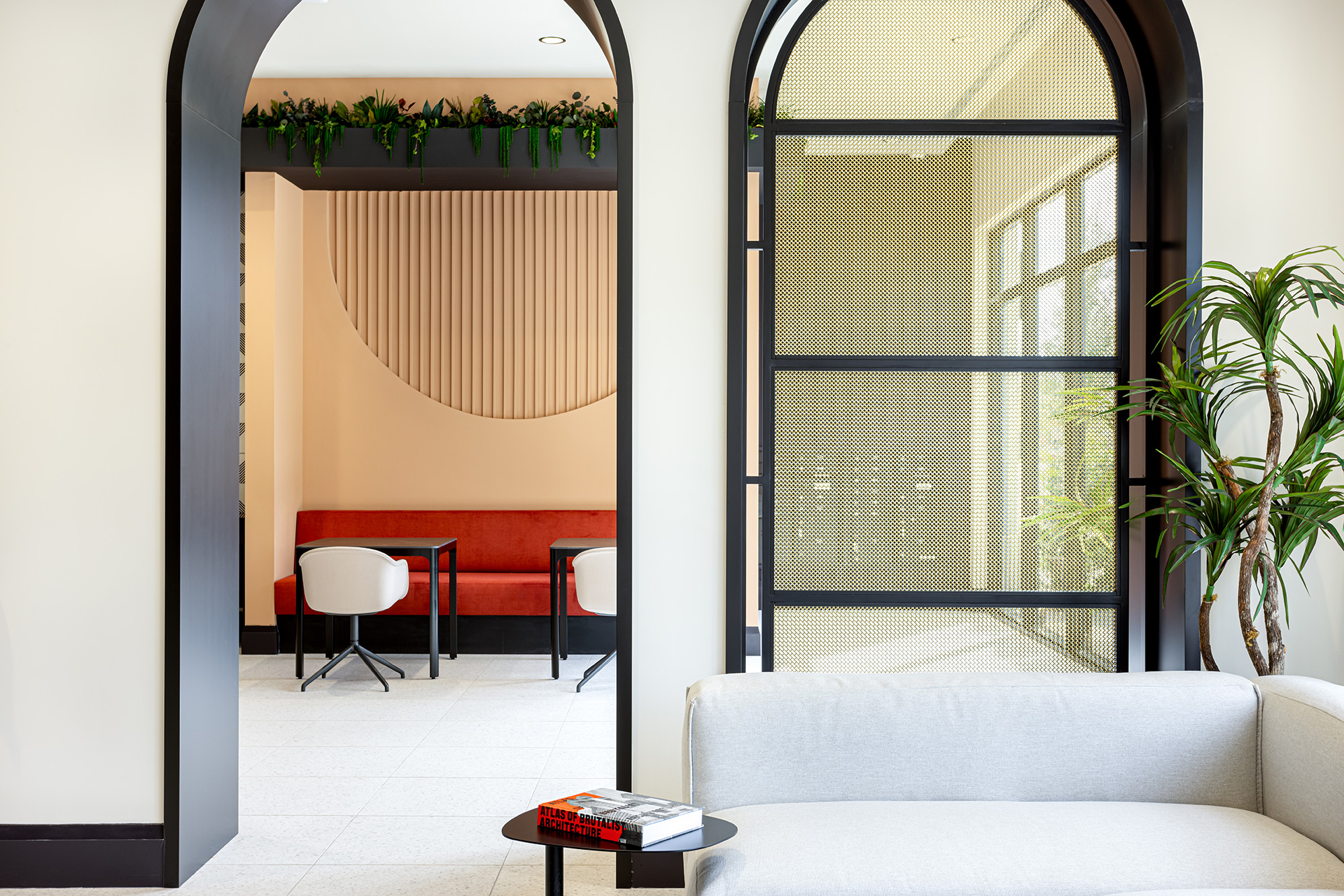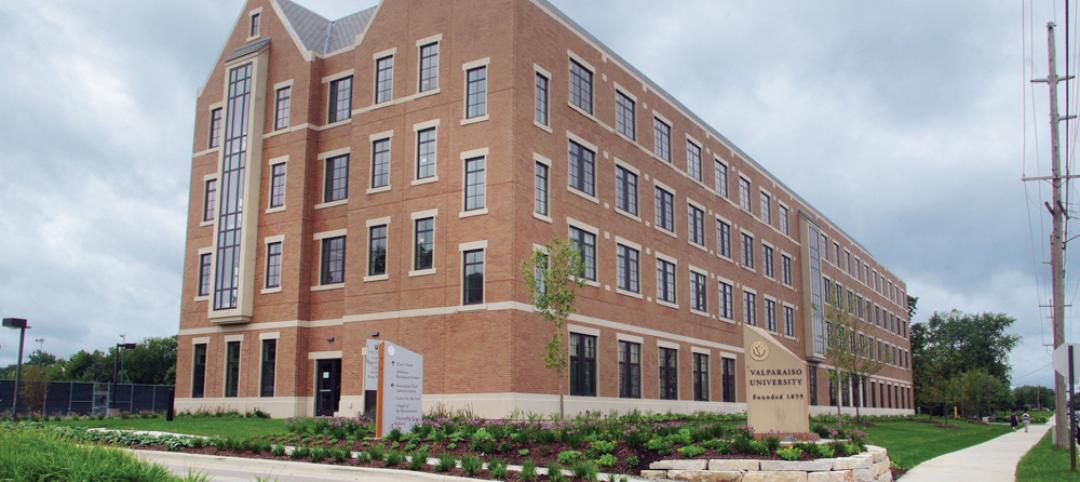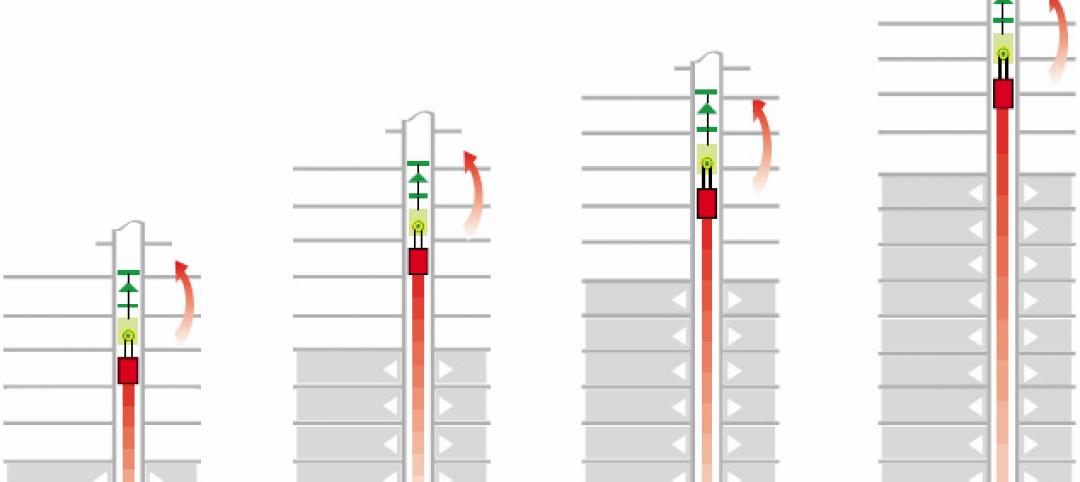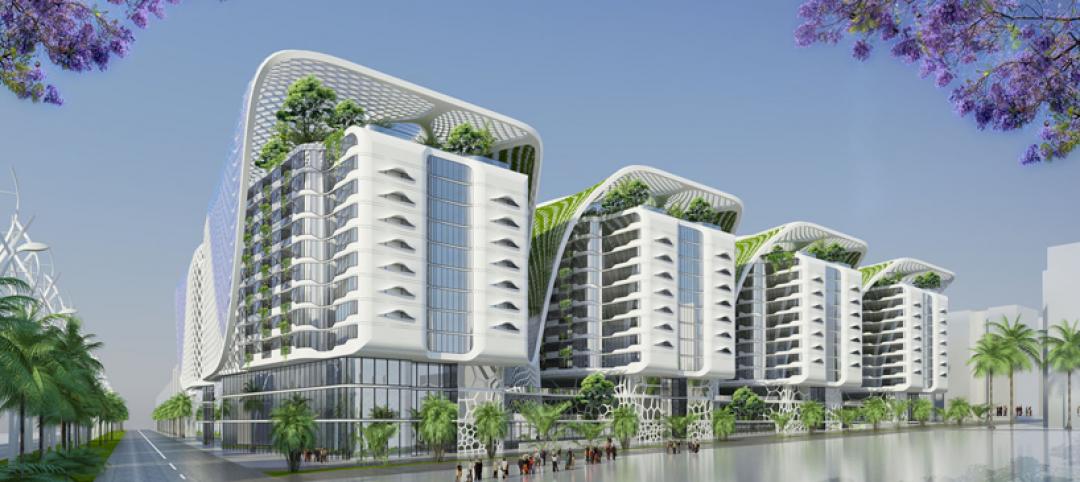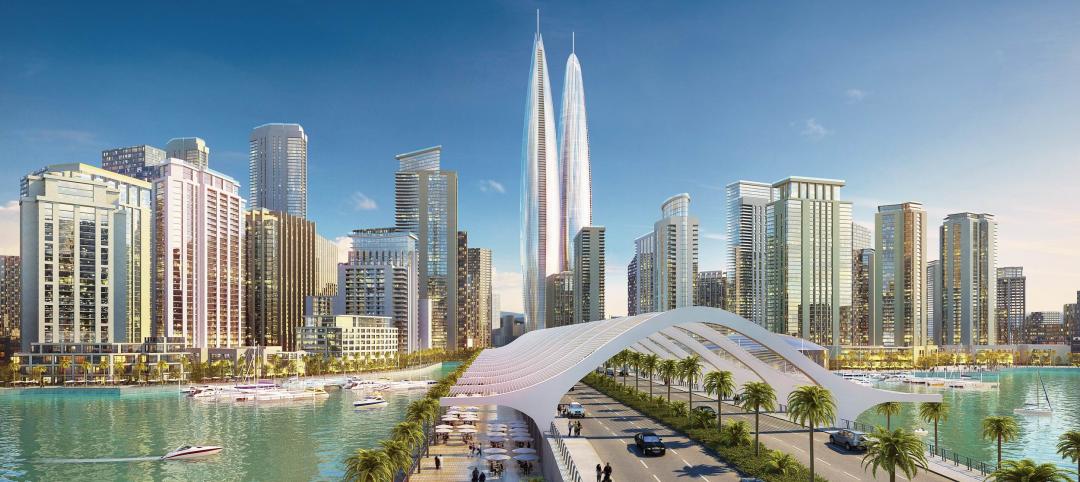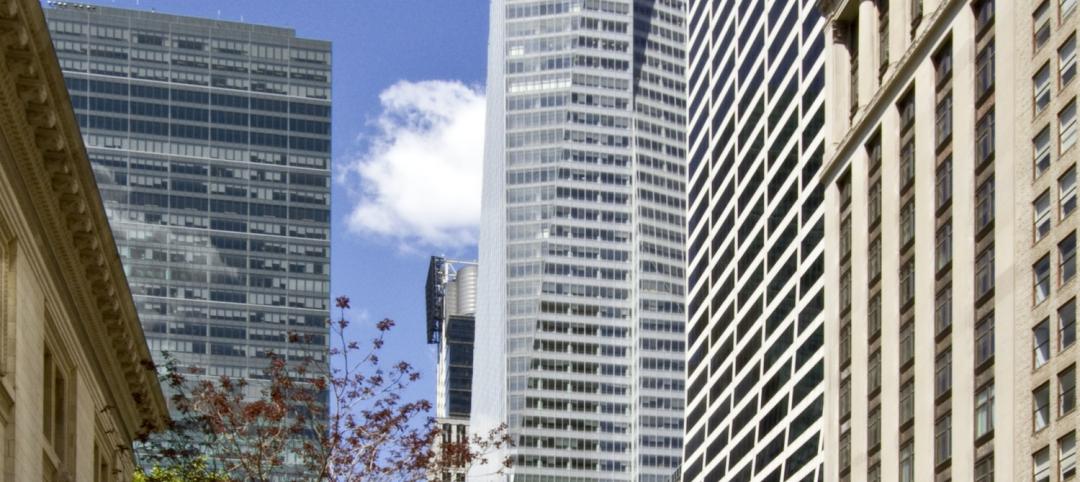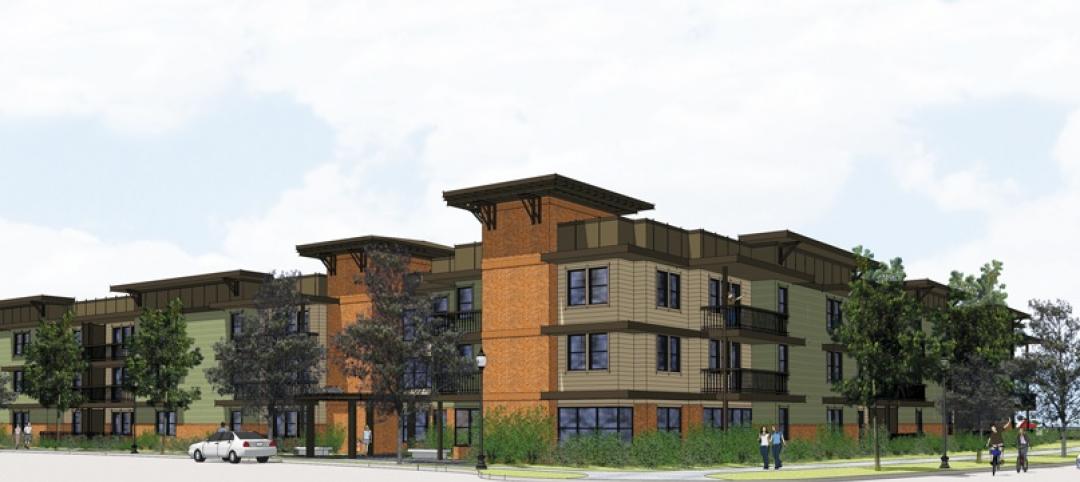As the demands of urban living continue to evolve, the need for a tranquil and refined home environment has never been more pronounced. Residents are increasingly seeking spaces that offer a respite from the bustling city life, longing for places where they can unwind and find peace.
This desire has given rise to the trend of "quiet luxury" influences in multifamily properties, an ethos centered on understated elegance, quality, and serenity. This approach prioritizes the creation of spaces that exude a sense of calm and refinement, with every detail curated to evoke a feeling of indulgence.
Combining high-end design with practical living spaces can improve residents’ quality of life. This approach enhances resident experiences and establishes new standards of comfort and sophistication. One of our most recent projects, Modera Coral Springs, exemplifies this type of transition for multifamily spaces. This development introduces modern, market-rate apartments that offer a holistic living environment through key elements such as luxury amenities and thoughtfully-designed community spaces.
How to identify quiet luxury?
High-quality materials play a crucial role in defining quiet luxury. Modera Coral Springs features heavy-grained stones and terrazzos are used alongside bleached wood tones to create a sophisticated space. These materials are not only visually appealing but also tactile, enhancing the sensory experience of the built environment.
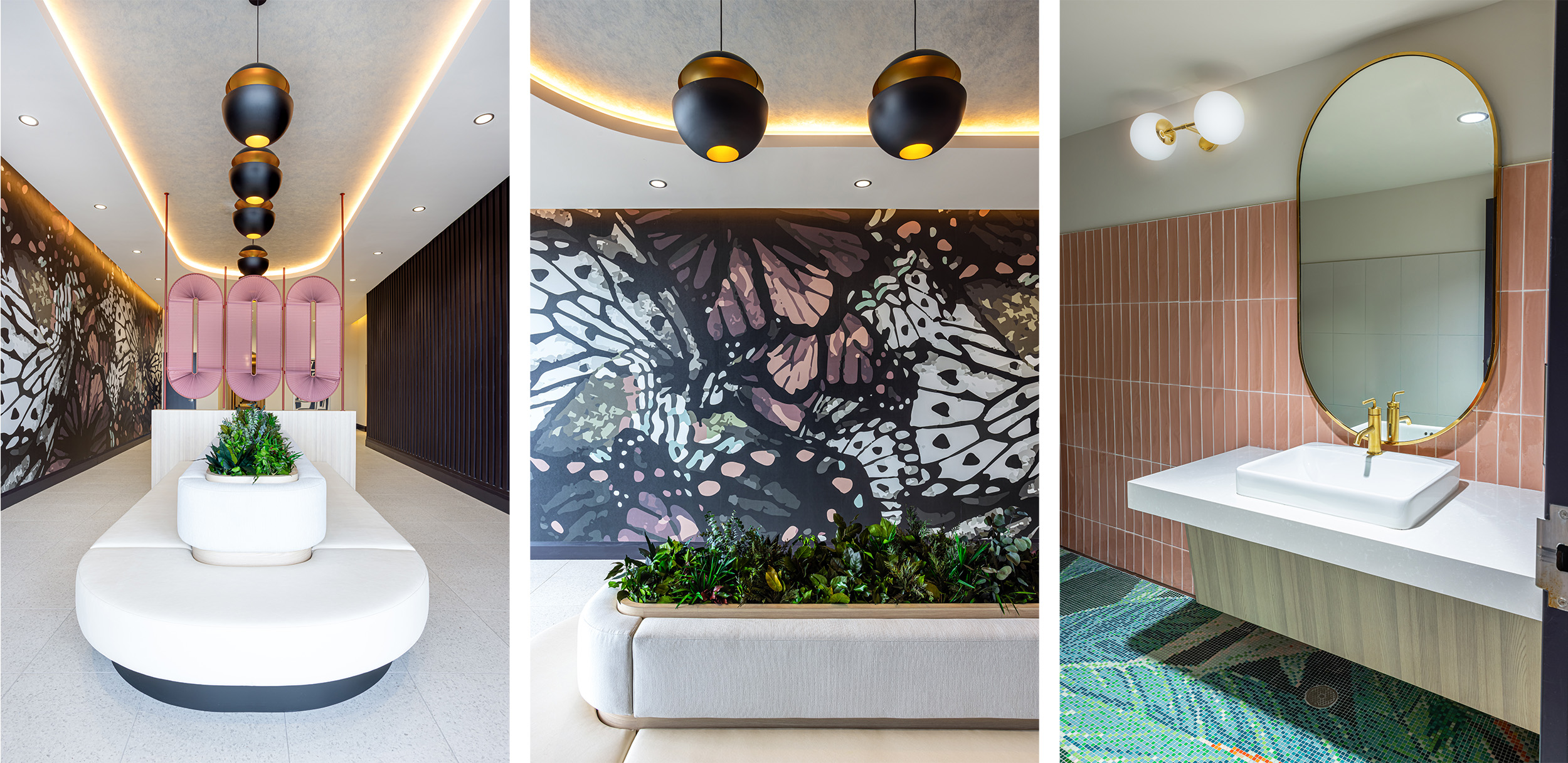
To further enhance the living experience, a property should offer top-notch amenities that align with the quiet luxury ethos. At Modera Coral Springs, these include a club room, dedicated coworking space, game room, fitness center, rooftop deck, and pool deck. Each amenity is designed with a warm, organic connection to the region, ensuring that residents have access to both relaxation and recreation.
By understanding the foundational principles of quiet luxury, you can explore the specific advantages it brings to multifamily properties.
Enhanced Resident Satisfaction
Residents who experience the environments created by this design philosophy are more likely to renew their leases, leading to higher retention rates. The lifestyle benefits offered by such spaces—where comfort and luxury are seamlessly blended—make residents feel more valued and content, contributing to a sense of well-being.
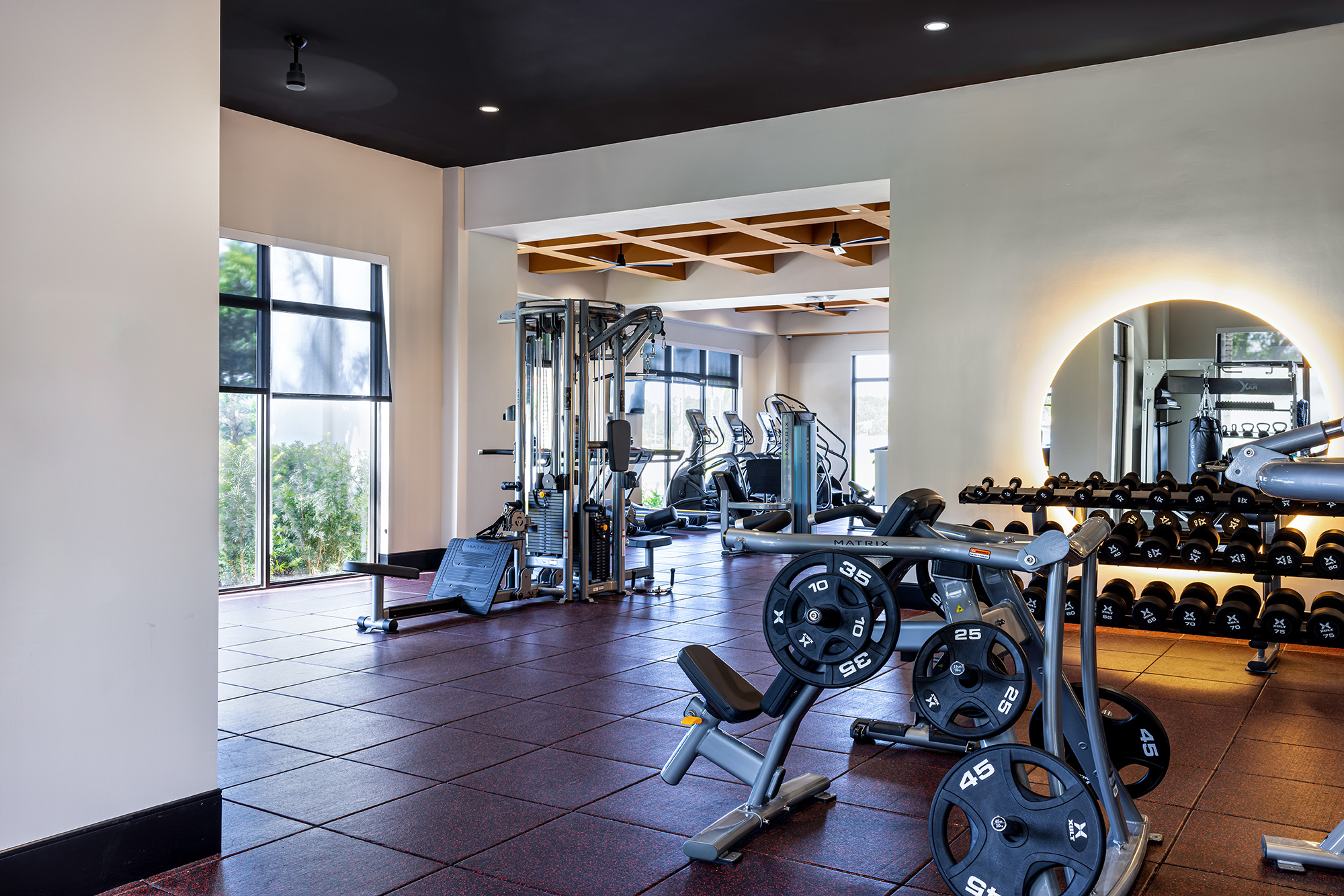
Increased Property Value
Properties that incorporate quiet luxury elements often see an increase in their market value. High-quality finishes, premium amenities, and sophisticated design contribute to a perception of greater worth, making the property more attractive to potential investors and buyers.
Elevated Brand Image
Branding extends beyond logos and marketing materials; it encompasses the overall experience and perception of the property. These design principles provide a cohesive and consistent aesthetic that aligns with the property's brand identity. This consistency can differentiate these properties from competitors that may prioritize more conventional or generic design approaches.
While the concept of quiet luxury might evoke images of high costs, it is possible to incorporate this trend affordably by focusing on strategic planning and thoughtful design choices, while maximizing the impact of each investment.
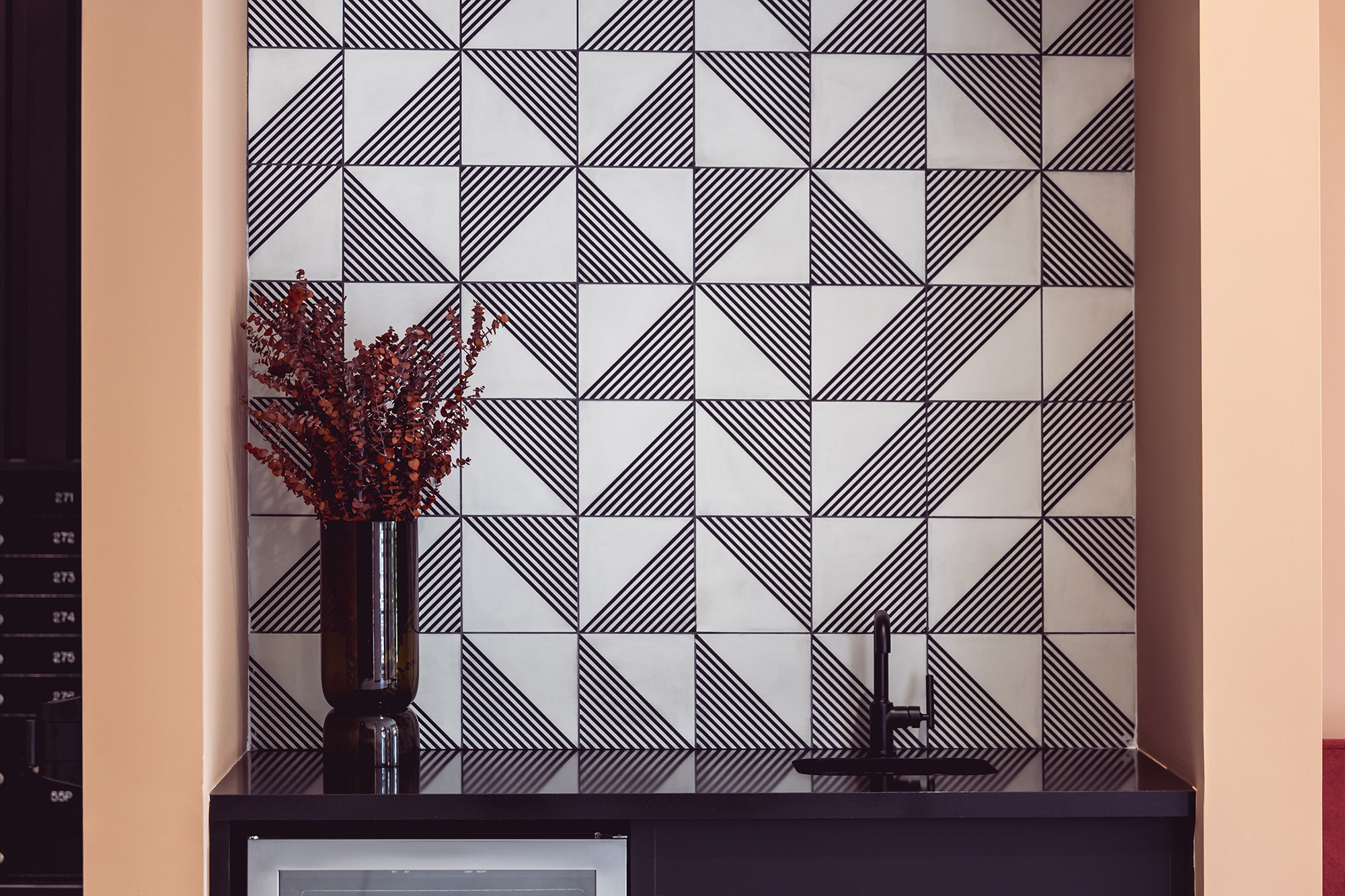
Strategic Material Selection
Choose timeless materials such as natural stone, wood veneers, and high-quality laminates that can lend a sense of luxury without breaking the budget.
Thoughtful Space Planning
Utilize natural light to create an airy and inviting atmosphere. Optimize window placements and use light-colored finishes to reflect light and make spaces feel brighter and more spacious. Planning also involves creating functional layouts. Focus on curating efficient and functional layouts that maximize space utilization and enhance the overall flow of the multifamily units. This can make even modestly sized units feel luxurious and comfortable.
Efficient Use of Amenities
Design multifunctional spaces that can serve multiple purposes to maximize their utility and appeal. For example, a community room could double as a coworking space during the day and a social gathering space in the evenings, offering residents flexibility and convenience without the need for additional square footage.
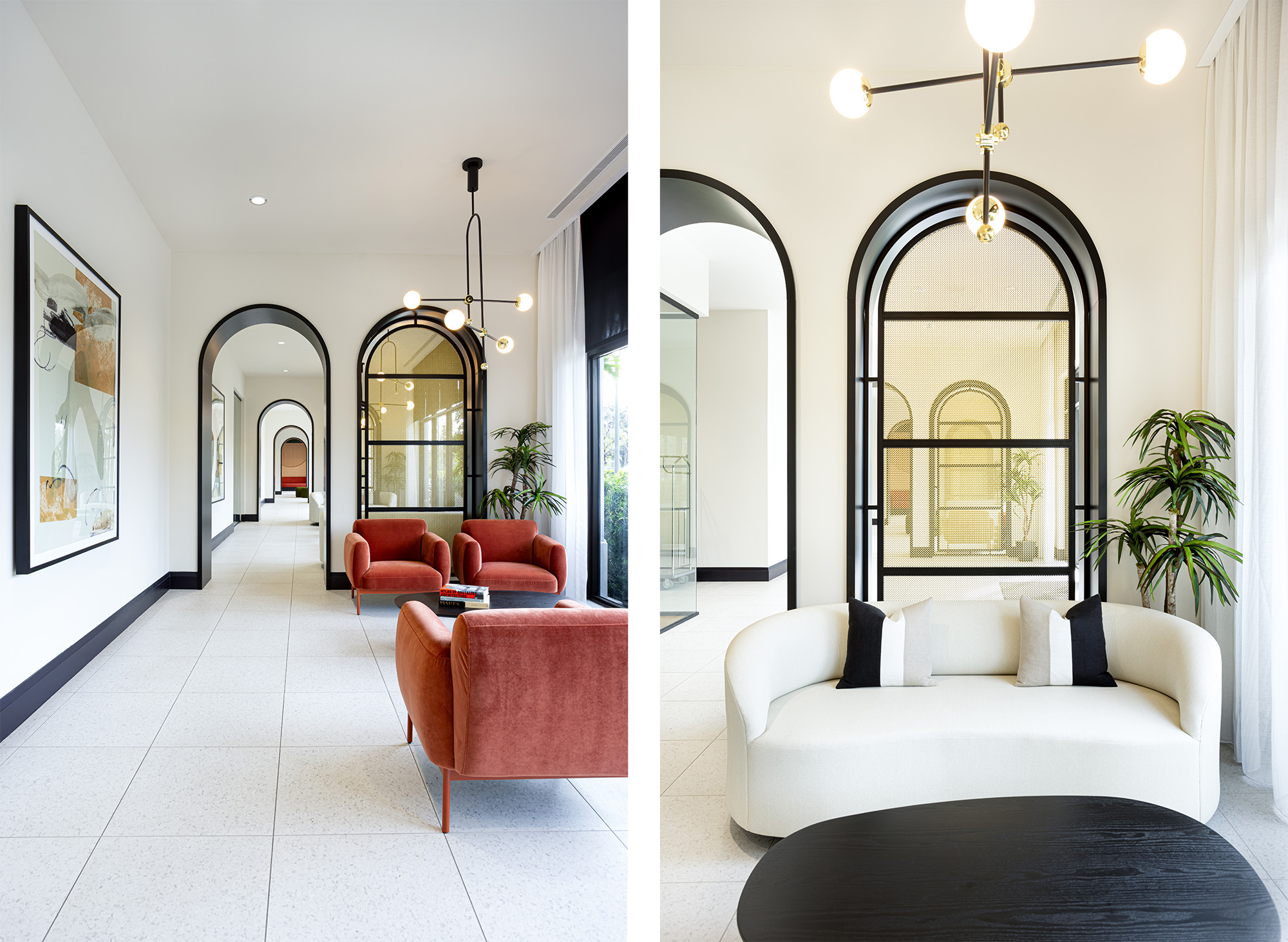
By prioritizing quality, serenity, and understated elegance, developers can create environments that meet the evolving needs of urban residents. Our recent collaborations showcase the potential of this approach, offering a blueprint for how multifamily properties can evolve to provide a more fulfilling living experience for residents.
As urban living continues to change, the adoption of these design principles will likely become a key differentiator in the real estate market, setting new standards for market-rate apartments and resident satisfaction.
Related Stories
| Nov 7, 2014
Prefab helps Valparaiso student residence project meet an ambitious deadline
Few colleges or universities have embraced prefabrication more wholeheartedly than Valparaiso (Ind.) University. The Lutheran-based institution completed a $27 million residence hall this past summer in which the structural elements were all precast.
| Nov 3, 2014
Novel 'self-climbing' elevator operates during construction of high-rise buildings
The JumpLift system from KONE uses a mobile machine room that moves upward as the construction progresses, speeding construction of tall towers.
| Nov 3, 2014
Cairo's ultra-green mixed-use development will be topped with flowing solar canopy
The solar canopy will shade green rooftop terraces and sky villas atop the nine-story structure.
| Oct 31, 2014
Dubai plans world’s next tallest towers
Emaar Properties has unveiled plans for a new project containing two towers that will top the charts in height, making them the world’s tallest towers once completed.
| Oct 29, 2014
Better guidance for appraising green buildings is steadily emerging
The Appraisal Foundation is striving to improve appraisers’ understanding of green valuation.
| Oct 27, 2014
Studio Gang Architects designs residential tower with exoskeleton-like exterior for Miami
Jeanne Gang's design reinvents the Florida room with shaded, asymmetrical balconies.
| Oct 21, 2014
Passive House concept gains momentum in apartment design
Passive House, an ultra-efficient building standard that originated in Germany, has been used for single-family homes since its inception in 1990. Only recently has the concept made its way into the U.S. commercial buildings market.
| Oct 21, 2014
Perkins Eastman white paper explores state of the senior living industry in the Carolinas
Among the experts interviewed for the white paper, there was a general consensus that the model for continuing-care retirement communities is changing, driven by both the changing consumers and more prevalent global interest on the effects of aging.
| Oct 16, 2014
Perkins+Will white paper examines alternatives to flame retardant building materials
The white paper includes a list of 193 flame retardants, including 29 discovered in building and household products, 50 found in the indoor environment, and 33 in human blood, milk, and tissues.
| Oct 15, 2014
Harvard launches ‘design-centric’ center for green buildings and cities
The impetus behind Harvard's Center for Green Buildings and Cities is what the design school’s dean, Mohsen Mostafavi, describes as a “rapidly urbanizing global economy,” in which cities are building new structures “on a massive scale.”



